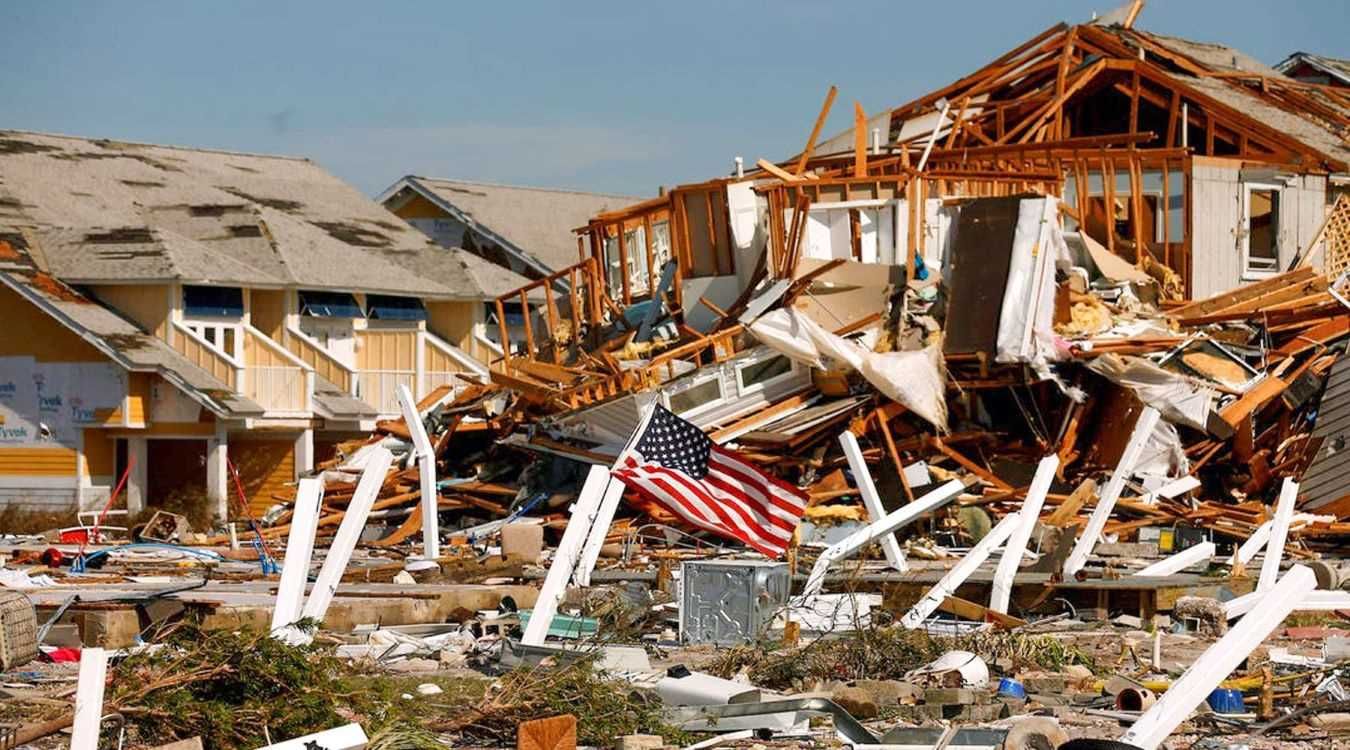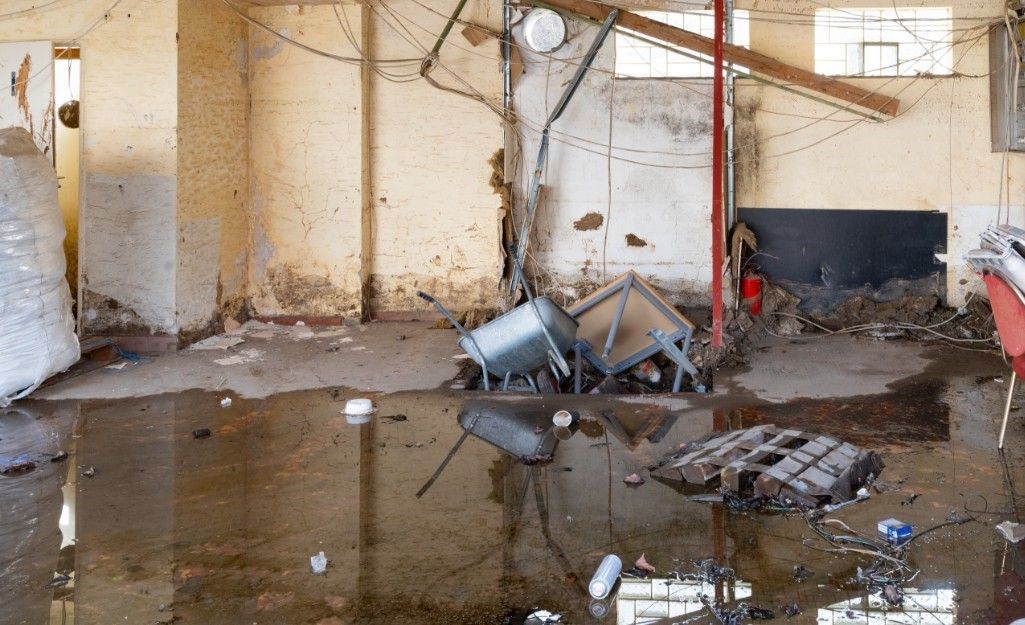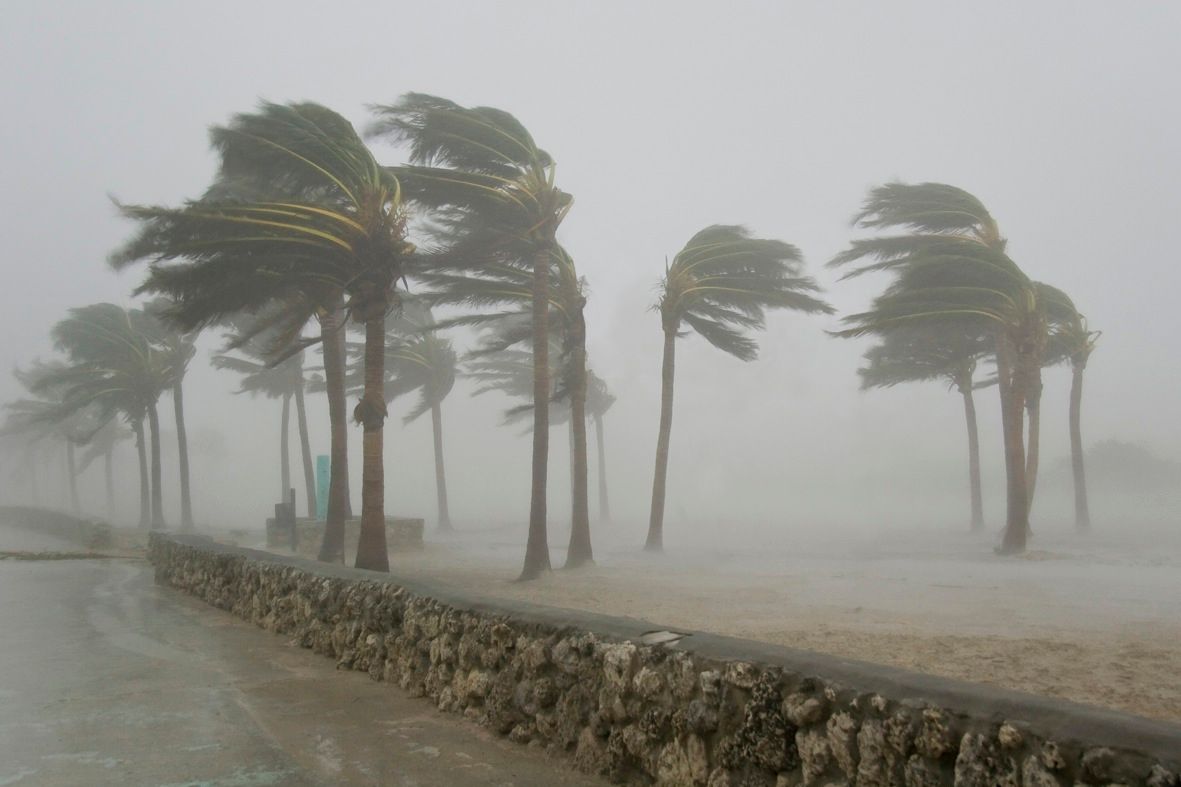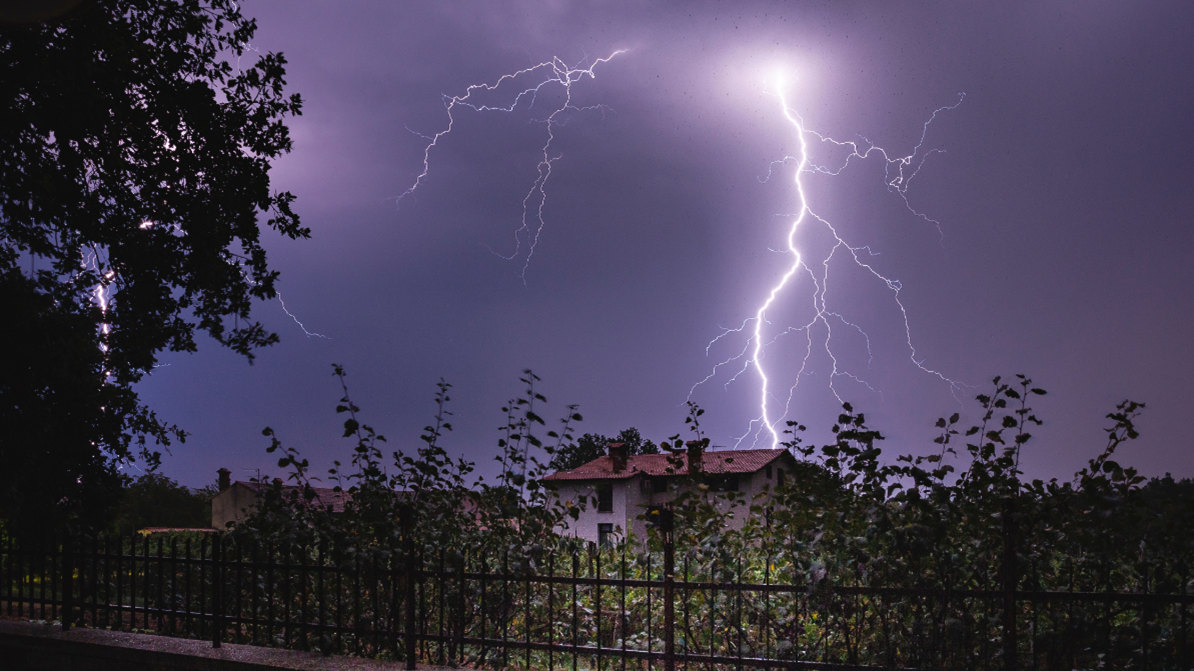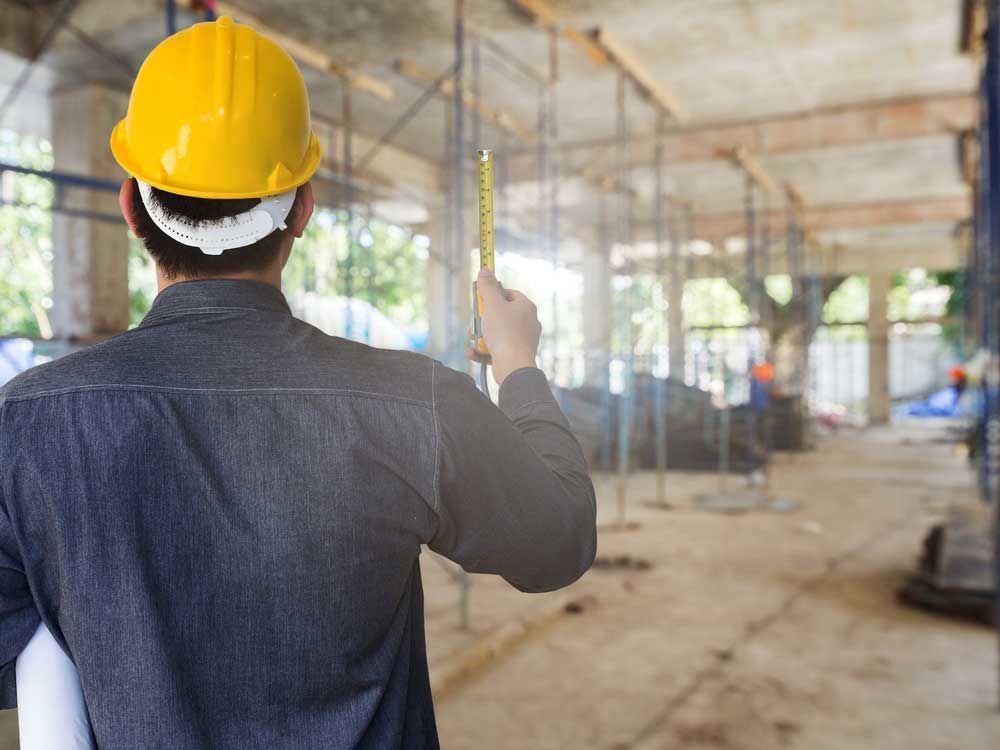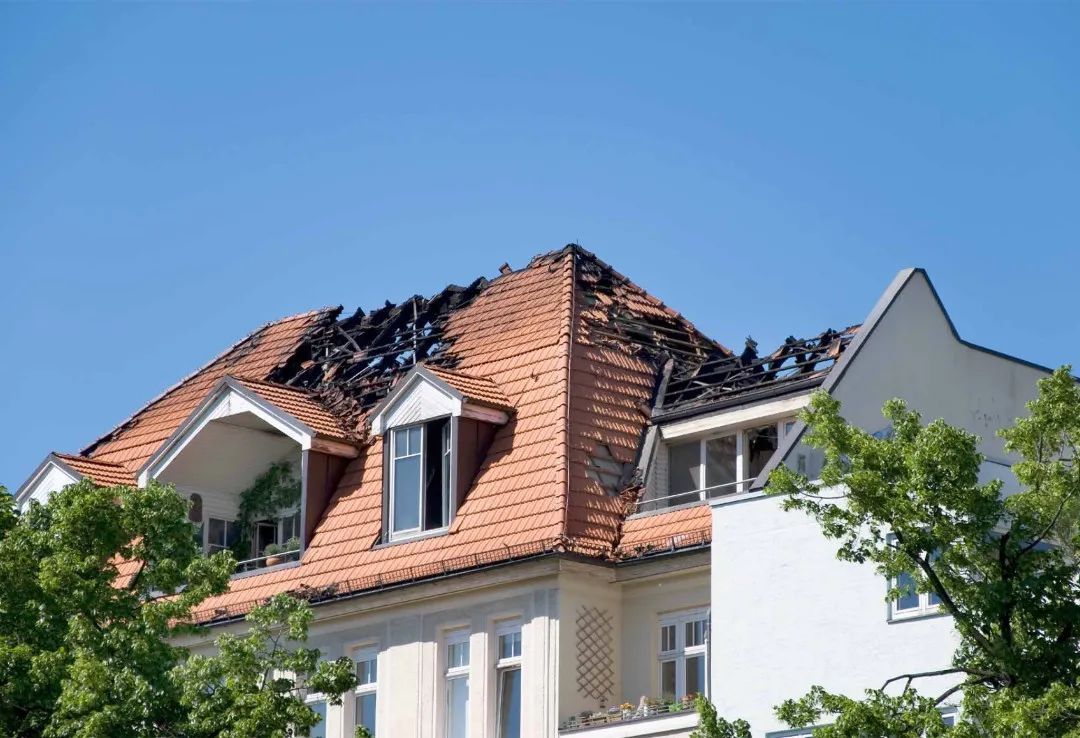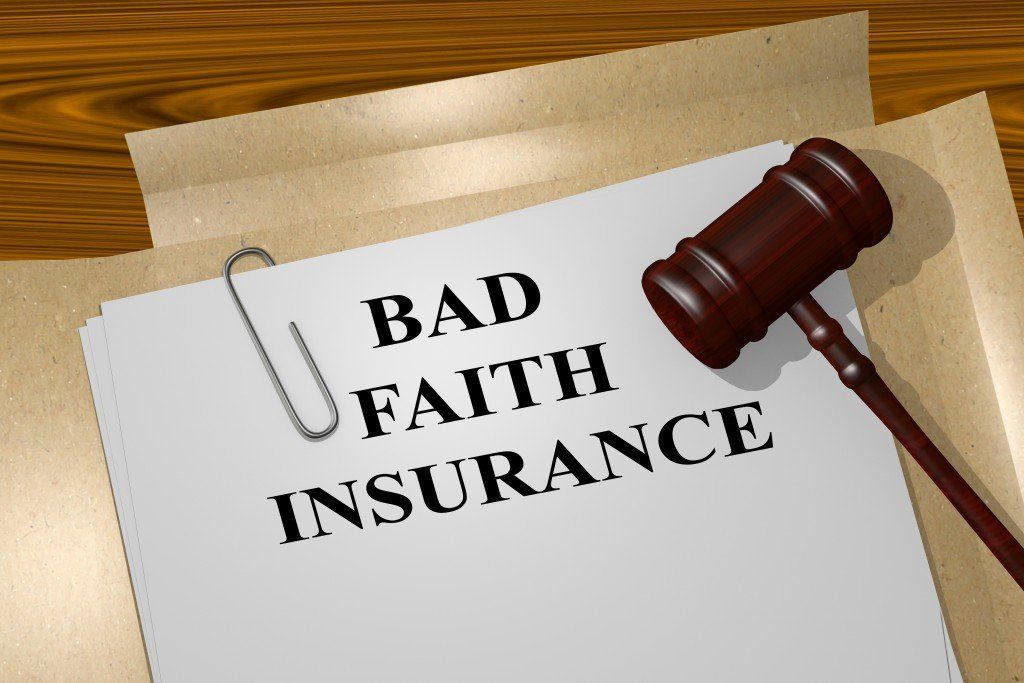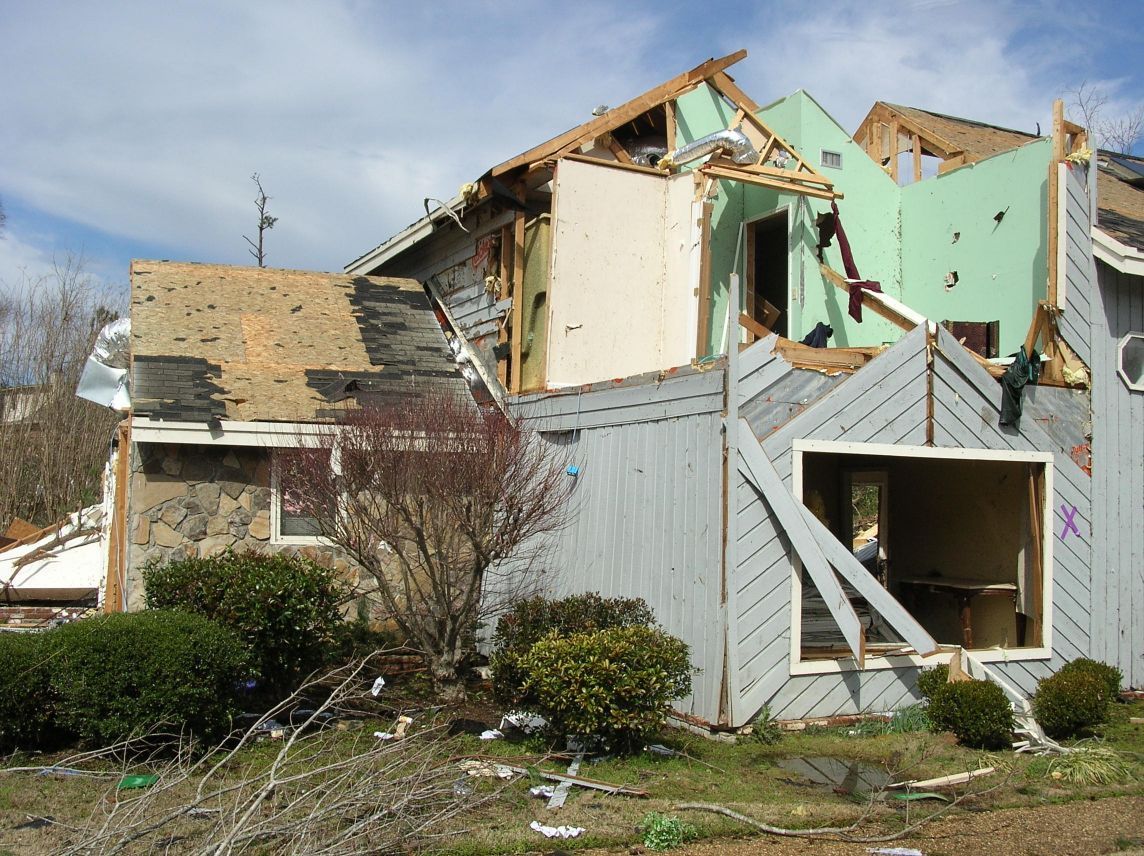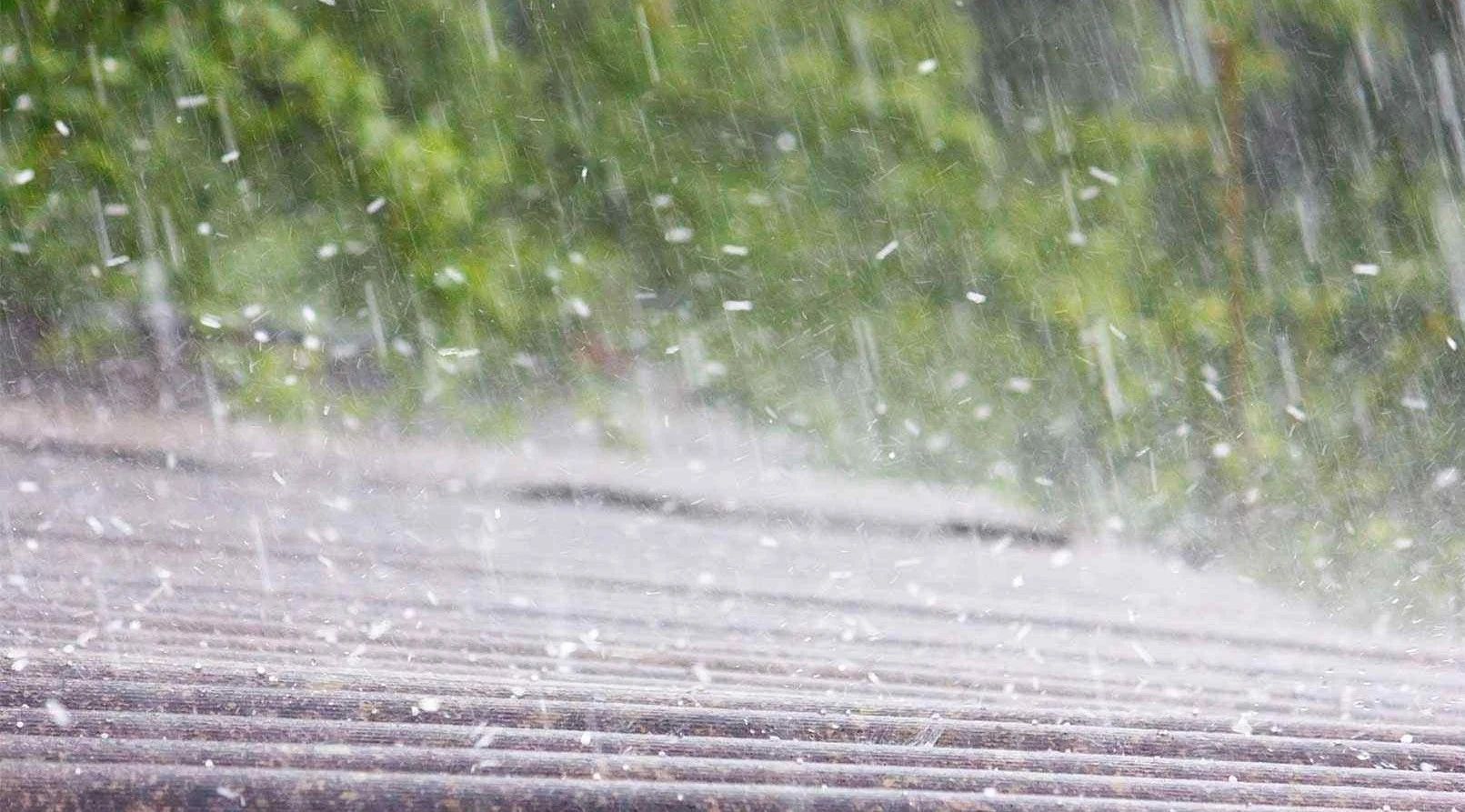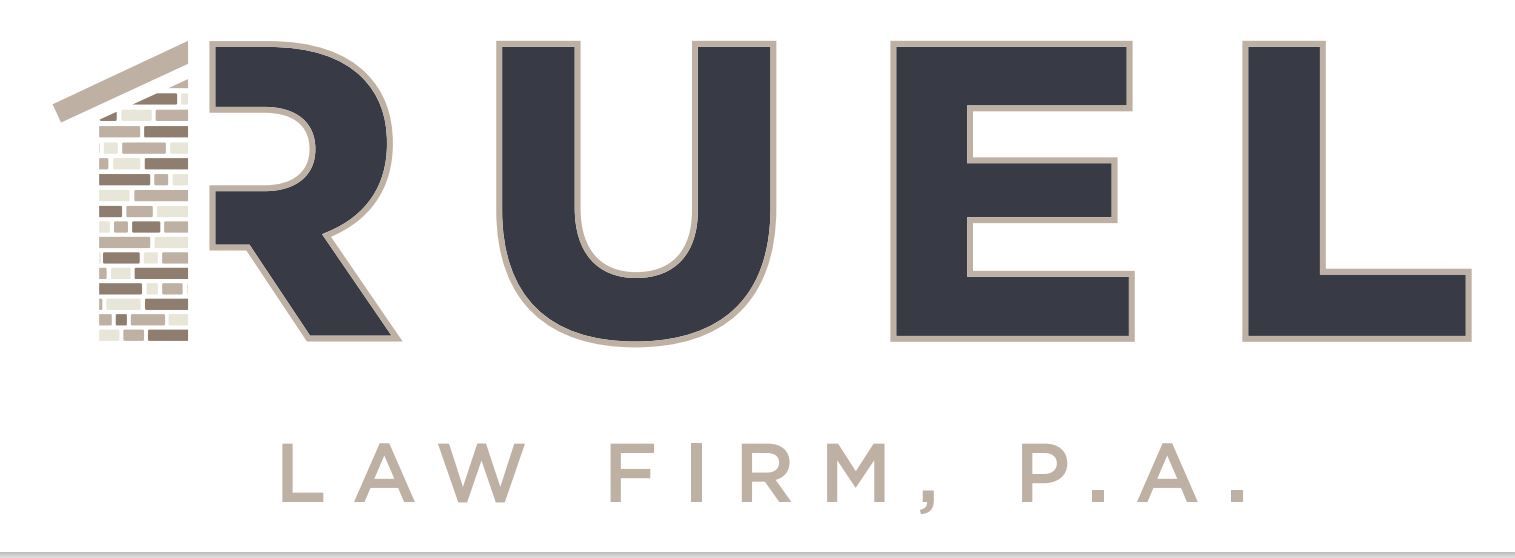When Your Free Roof Costs You: Legal Options for Defective Roofing in Florida
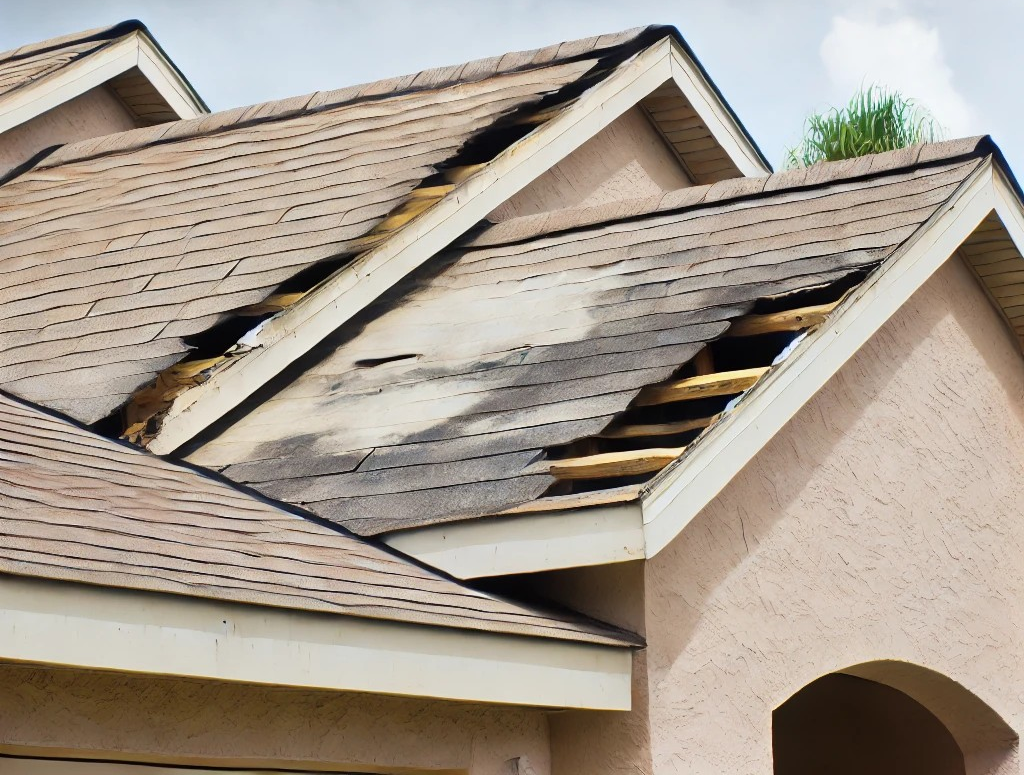
Florida’s unpredictable weather, with its frequent storms and hurricanes, can lead to substantial damage to homes, especially roofs. Unfortunately, some unscrupulous roofing companies have taken advantage of homeowners by falsely promising "free" roof replacements through insurance claims. These scams not only result in poor workmanship but can also leave homeowners with significant financial burdens, stuck with a roof that barely lasts the next storm season. In this post, we’ll explore how these fraudulent practices operate, how they harm homeowners, and the legal remedies available to fix the damage and hold contractors accountable.
The Roofing Scam Unveiled: A Common Tactic
In Florida, particularly following a hurricane or severe storm, some roofing contractors knock on doors offering homeowners a "free" roof replacement through their insurance policies. These contractors often promise quick, hassle-free work, claiming that they can easily get the insurance company to cover the cost under the pretext of storm damage.
In many cases, the contractor convinces the homeowner to file a claim, often inflating or fabricating damage reports. The homeowner, trusting the contractor, agrees to allow the company to handle the insurance process. Once the claim is approved and the work begins, the company frequently cuts corners, using cheap materials and unqualified labor to maximize profits. When the roof starts to fail, the contractor is long gone, having moved on to exploit another storm-affected area.
The Consequences of Defective Roofing Work
The consequences of these scams are severe, leaving homeowners vulnerable in multiple ways:
Structural Issues and Property Damage
Defective roofing often leads to water damage, leaks, and mold growth, which can quickly escalate into major structural issues. Poor installation may also fail to meet Florida’s strict building codes, making the homeowner’s property even more vulnerable to future storms.
Insurance Coverage Exclusions
Most homeowners insurance policies do not cover defective workmanship. While sudden, accidental damage might be covered, the insurance policy generally excludes damage resulting from poor or faulty construction.
Insurance Repercussions
Homeowners may unknowingly commit insurance fraud if they file false claims at the contractor's direction. Even when the claim is approved, the insurance company may refuse future claims if it discovers that the damage wasn’t storm-related, or worse, they may accuse the homeowner of fraud.
Financial Strain for Homeowners
Repairing a defective roof can be expensive, and since insurance won’t cover defective workmanship, homeowners are often left with out-of-pocket expenses. Any secondary damage might be covered, depending on the specific terms, but this does not include replacing or repairing the original defective roof.
Legal Options for Homeowners Dealing with Defective Roofs and Bad Contractors
If your roof has failed due to shoddy workmanship, or if you’ve been misled by a fraudulent roofing company, there are several legal avenues you can pursue to rectify the situation:
Breach of Contract
Homeowners can file a breach of contract claim if the contractor fails to fulfill agreed-upon terms, such as using specific materials or delivering a certain standard of work. A successful breach of contract claim can help homeowners recover the cost of replacing or repairing the defective roof.
Negligence
Roofing contractors are required to adhere to professional standards of care. If the work performed on your roof was negligent, meaning it fell below those standards, you may have a valid negligence claim. Such a claim can seek compensation for both the cost of repairs and the damage caused by the contractor’s substandard work.
Filing a Claim Against the Contractor’s Insurance or Bond
Licensed roofing contractors are required to carry liability insurance and may be bonded to protect homeowners from defective workmanship. If the contractor has disappeared or refuses to fix their work, you may be able to file a claim against their insurance or bond for damages.
Mechanic’s Lien and Warranty Claims
In some cases, contractors file liens on homes despite not meeting contractual terms or quality standards. Homeowners can challenge such liens and may be entitled to compensation for faulty work. Additionally, any warranty included with the roofing work may be another way to hold the contractor accountable for repairs or replacement.
Protecting Yourself from Roofing Scams
To avoid becoming a victim of roofing fraud, the following precautions should always be taken:
Verify Licenses and Credentials
Always check that your roofing contractor is licensed through the Florida Department of Business and Professional Regulation (DBPR) and confirm that they carry valid insurance.
Get a Detailed, Written Contract
Insist on a thorough contract that outlines the scope of work, materials to be used, estimated timeline, and payment terms. Avoid any contractor who won’t provide clear, written agreements.
Work Directly with Your Insurance Company
Don’t allow a contractor to handle the insurance claim process on your behalf. Always communicate directly with your insurer to verify what is covered under your policy before agreeing to any work. Also, check directly with your insurance company to ensure that all claims are legitimate and that you fully understand what is being reported.
Obtain Multiple Estimates
Don’t accept the first offer that comes your way. Get multiple estimates from licensed, reputable contractors to compare pricing and scope of work as well as the materials being used.
Conclusion: Your Legal Options Matter
If you have been affected by defective roofing work, there are specific legal options to pursue. From breach of contract to negligence and contractor insurance claims, each avenue has its unique set of requirements and benefits. Consulting an attorney experienced in property insurance and construction defect law can help determine the best approach for your specific situation. It is critical that you take swift action to explore your legal options.
Ruel Law Firm, P.A. Can Help
For questions regarding all these matters, be sure to
contact Ruel Law Firm P.A. in Lakeland Florida. Issues with fraudulent contractors and uncooperative insurance companies can often be complex and intimidating.
Michael Ruel’s vast experience dealing with roofing defects, fraudulent contractors, and negotiating with insurance companies in these matters can help clients recoup their losses and get their roofs fixed properly.
You do not have to face it alone.
Lakeland, Florida
(833) RUEL-LAW (783-5529)
_________________________________
Sources:
Florida Attorney General’s Office: Article is entitled, “Taking Action to Stop Roofing Scam”. This press release details legal actions taken against a Jacksonville construction company for scamming Floridians in need of roofing repairs, highlighting the state's commitment to protecting consumers from contractor fraud. Available at https://www.myfloridalegal.com/newsrelease/taking-action-stop-roofing-scam.
Florida Department of Business and Professional Regulation (DBPR): Article is entitled, “Unlicensed Roofing Contractor in Florida Charged After Soliciting Homeowners”. This news article reports on actions taken against unlicensed roofing contractors, underscoring the importance of verifying contractor credentials. Available at https://www.insurancejournal.com/news/southeast/2023/03/27/713841.htm.
Florida Department of Financial Services: Article is entitled, “Demolish Contractor Fraud”. This resource outlines how contractors may solicit homeowners to sign documents that transfer insurance rights and benefits, leading to potential fraud. It offers guidance on avoiding such scams and reporting fraudulent activities. Available at:
https://myfloridacfo.com/division/ica/demolish.
Florida Statutes § 95.11: The statute outlines the Florida statute of limitations for negligence claims, which may apply to contractor negligence cases related to construction and repair work. Available at:
Statutes & Constitution: Search Statutes: Online Sunshine.
Insurance Information Institute (III): Article is entitled, “What is covered by standard homeowners insurance?”. This article explains the circumstances under which homeowners insurance covers roof replacement, emphasizing that damage due to poor maintenance or workmanship is typically excluded. Available at https://www.iii.org/article/what-covered-standard-homeowners-policy.
Legal Information Institute, Cornell Law School: Article is entitled, “Breach of Contract”. This entry provides a comprehensive overview of breach of contract, including definitions, elements, and potential remedies, relevant to homeowners dealing with contractor disputes. Available at
https://www.law.cornell.edu/wex/breach_of_contract.
RECENT ARTICLES
